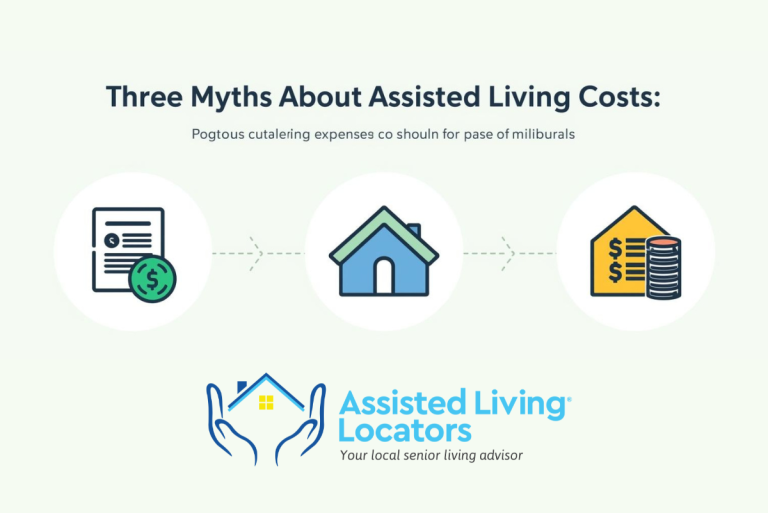For older adults, routine isn’t just about predictability — it’s a foundation for wellness. As we age, life often becomes more unpredictable due to health challenges, mobility limitations, or loss of social connections. Establishing a stable daily routine can reduce stress, support memory and cognition, and improve both mental and physical health outcomes.
Routines help regulate the body’s internal clock, also known as the circadian rhythm. Consistent sleep and wake times, regular meals, and scheduled activities help improve sleep quality, digestion, and mood. For seniors, especially those with early-stage dementia, routines provide clarity, reduce anxiety, and create a sense of control in their day-to-day lives.
Beyond physical benefits, daily structure offers emotional reassurance. Simple cues like morning coffee, a favorite radio show, or a short walk after lunch can help orient seniors and give the day a comforting rhythm. For caregivers, having a structured day makes it easier to manage medications, plan meals, and introduce purposeful engagement without feeling overwhelmed or reactive.To get started, build the routine together. Include input from your loved one about what matters most — maybe they enjoy reading after breakfast or video chatting with family on Fridays. Keep it flexible but consistent. For those dealing with memory issues, the National Institute on Aging offers practical guidance on creating routines for dementia care. A well-structured day doesn’t just keep things running smoothly — it brings peace, purpose, and dignity to the aging journey.





